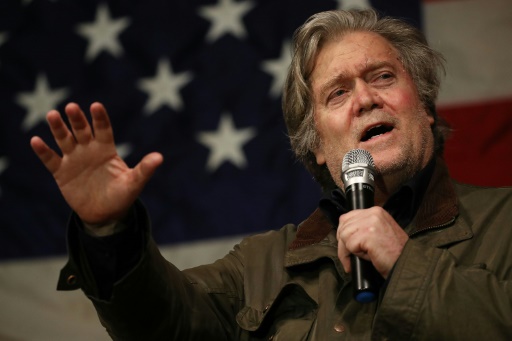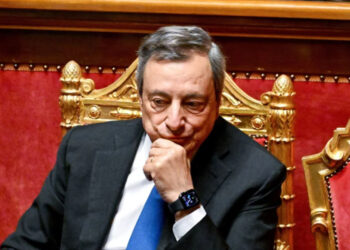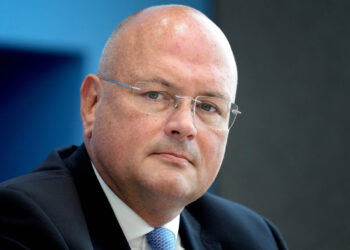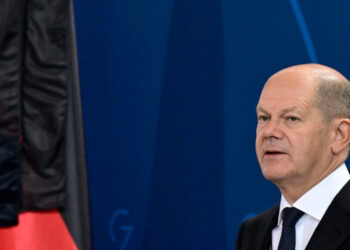Germany’s far-right party AfD has invited Donald Trump‘s former advisor Steve Bannon to a media conference in Berlin next month.
A spokesman for the Alternative for Germany (AfD) confirmed to news agency DPA that Bannon has been asked to attend the ‘Conference for a free media,’ to be held on May 11 in Berlin for right-wing journalists and bloggers.
“We are arranging the details,” an organizer told the weekly Der Spiegel, which said that British anti-E.U. politician Nigel Farage, leader of the Brexit Party, has also been invited.
Bannon has been increasingly visible in Europe in recent months, touting plans for a Brussels-based foundation called “The Movement” to spark a populist right-wing revolt in elections for the European Parliament from May 23-26.
In Germany, the E.U.’s biggest economy, the AfD has become the biggest opposition party by railing against Chancellor Angela Merkel and her 2015 decision to allow a mass influx of asylum seekers.
Why is Steve Bannon taking on a new crusade to reform the Vatican?
"Because nobody else stepped up to do it."@RichardEngel has more with Bannon tonight on @NBCNightlyNews.https://t.co/hCaSEpELTR pic.twitter.com/P3M8oNrviL
— NBC Nightly News with Lester Holt (@NBCNightlyNews) April 12, 2019
More on the Subject
Since being forced out as Trump’s chief White House strategist in August 2017, Bannon has set his sights on the European Union – in many ways the embodiment of the internationalist, multicultural, open borders ideology that he and his followers disdain, Richard Maher, Research Fellow in the Robert Schuman Centre for Advanced Studies at the European University Institute in Florence, Italy, wrote in The Globe Post.
But just how big of a threat is Bannon’s movement to the E.U.? And what can the bloc do to counter it?
“It has been easy for Bannon to find ideological allies across Europe. Populist, nationalist groups have gained footholds across the continent. Bannon has found like-minded allies in such figures as Brexit champion Nigel Farage, Italy’s Deputy Prime Minister Matteo Salvini, and Hungary’s President Viktor Orban. All preach the need to reclaim national sovereignty, impose greater limits on integration, and confront radical Islam,” Maher wrote.
How Realistic is Steve Bannon’s Vision for Populist ‘Revolt’ Against European Union?
























